MED Panels
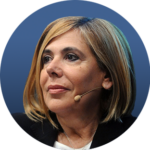
Maria Latella
Sky TG24
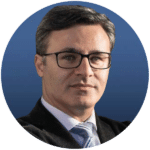
Haizam Amirah-Fernández
Senior Analyst, Elcano Royal Institute
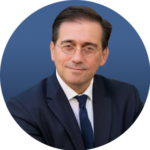
José Manuel Albares
Minister of Foreign Affairs, European Union and Cooperation, Spain
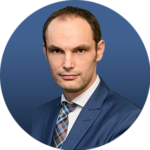
Anže Logar
Minister of Foreign Affairs, Slovenia
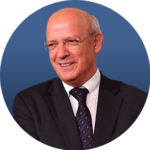
Augusto Santos Silva
Minister of State for Foreign Affairs, Portugal

Gordan Grlić-Radman
Minister for Foreign and European Affairs, Croatia
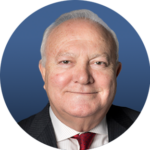
Miguel Ángel Moratinos
High Representative, United Nations Alliance of Civilizations (UNAOC)
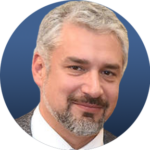
Ernesto Ottone Ramirez
Assistant Director General , UNESCO
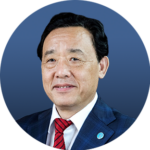
Qu Dongyu
Director-General, Food and Agriculture Organization (FAO)
Confronted by unprecedented challenges, the Broader Mediterranean needs a new approach to defend common interests and values as well as developing shared ambitions. Socio-political and economic cleavages have overshadowed the potential of the region as “common good”. In order to address the shared challenges currently being experienced by the two shores and relaunch a common security, prosperity and stability, there is a pressing need to create a new positive agenda for dialogue and partnership.
Panel 1: Building on “Common Goods” to enhance security and prosperity in the broader Mediterranean
The multi-faceted impact of the pandemic has raised awareness on the urgency to increase cooperation and dialogue on a set of “common goods”. Common risks and challenges require shared answers. The need to strengthen peace and security in the Mediterranean and Middle Eastern region is a priority challenge in any political agenda. Additionally, it is an “enabling” condition for the economic and social development of the region.
There is a mutual interest in sharing strategies and finding common solutions to struggles against climate change, for the management of natural and energy resources, the fight against the rise of food insecurity, to enhance trade and commercial relations, to develop a strong blue economy, and to build digital and traditional infrastructures. A common approach to these challenges and opportunities is the only way to foster greater integration as well as the socio-economic development of the region.
How to build an inclusive approach to the region while fostering dialogue and partnership? What common values and interests can be used to leverage and create a positive agenda that strengthens security in the region and goes beyond crisis management? Which common policies could national governments and international institutions implement in order to promote the cooperation on energy, climate change, sustainable trade, and infrastructures? What possible consequences could this approach have in relation to the economic stability and prosperity of the area? What could be the role of the private sector, foundations, and civil society actors in establishing a common culture of security and prosperity in the area?
Panel 2: Education, culture and traditions: “Common Goods” for an inclusive recovery
Gaining a more secured and interconnected economic space requires a more inclusive and resilient regional path of development. It should include the full promotion of other Mediterranean common goods, such as health, mobility, social cohesion, sustainable tourism, and the tangible and intangible cultural heritage of the region. The cultural foundations of the Broader Mediterranean, composed of inter-religious dialogue, common and unique traditions, shared practices in the field of nutrition, food, and agriculture, can offer new spaces for cooperation and dialogue, thus increasing a sustainable development of the region. The implementation of a “common goods” approach could contribute to opening a new era of cooperation and prosperity.
How can international organizations work to promote a common cultural ground between the two shores? How can culture and traditions strengthen a sustainable recovery from the Covid-19 pandemic in the broader Mediterranean? How to include civil society in the process and which role for education?